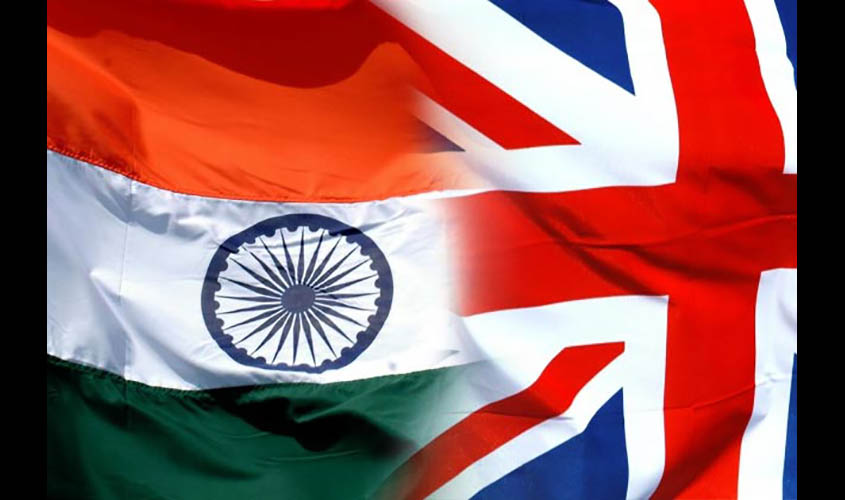Talk of Brexit is never far from the headlines in the UK press. Theresa May’s intention to trigger Article 50 this Wednesday signals the start of the process. This presents significant challenges and opportunities for Commonwealth countries, with India being a prime example.
New research from my organisation, the Royal Commonwealth Society, reveals an overwhelming majority of British businesses want to see the government prioritise trade deals with the Commonwealth. It is significant that nearly three quarters of all UK businesses want an Indian trade deal. India is in fourth place as a priority for the UK’s business community for trade opportunities with Commonwealth countries post-Brexit. 72% of British businesses think that the government should prioritise trade with India. Australia tops the rankings on 90%. India climbs the rankings to a strong second, with businesses in the Midlands, the North, and the South East of England, as well as those in Scotland. This priority is also reflected with large UK companies. We have had positive feedback from a number of countries, such as Singapore, stating that these findings will be useful when engaging the British Government. I encourage the Indian Government to do the same.
I have also made the case in a joint pamphlet on Commonwealth trade with British MP, James Cleverly, and supported through a foreword by the former Australian Prime Minister, Tony Abbott, that India is one of the major Brexit trade priorities. As of last year, India was the UK’s largest Commonwealth export destination and twinned with its 1.4m diaspora spread across every city in the UK the personal, cultural, and economic ties run deep. There is also published evidence which estimates that two-way trade would increase by 26% through the cutting of tariffs, with these authors suggesting that an India-UK deal would be easier to negotiate than the current EU-India discussions.
The issue of greater visa liberalisation for Indian nationals is often noted as a stumbling block to any trade deal. That is why in partnership with other leading aviation and tourism groups, we have recommended that Indian visitors to the UK be given the same special deal as Chinese tourists—a two-year visa costing £87.
However, conversations I have had, often note the issue of greater visa liberalisation for Indian nationals as a stumbling block to any trade deal. That is why in partnership with other leading aviation and tourism groups, we have recommended that Indian visitors to the UK be given the same special deal as Chinese tourists—a two-year visa costing £87.
The UK-Indian Year of Culture, launched at Buckingham Place last month, provides the opportune time to introduce such a scheme. This would help generate further goodwill and signal British intent on the seriousness of its attempts to court India.
Addressing the falling international Indian student numbers heading to Britain is of equal importance. Much has been made of this decline notably by the University of Birmingham’s Chancellor, Lord Bilimoria. Policy solutions acceptable to the Home Office will need to be found to counteract this reverse in a post-Brexit era. The now Foreign Secretary, Boris Johnson, offered one such idea in 2015, when he called for a Commonwealth student visa for Indian nationals allowing them to work for two years, post-study. Therefore, he can do so again from a senior Cabinet position. An offering of visitor and student work visas can help grease the gears of a future bilateral trade deal.
However, perception is crucial in politics. In his review of Shashi Tharoor’s book, the Times columnist Matt Ridley is astute in identifying that Brexit can present an opportunity to renew UK-Indian relations as: “More than almost any other country, India will matter to Britain in the coming years: as a market, an ally, an innovator, a source of talent and—despite everything—a friend.”What is clear is that a trade deal is there for making. British business have shown demand, but the UK Government must make an offer mindful of the historic ties, which delivers a meaningful contemporary and lasting relationship that enables the connections of our two peoples working together.
Tim Hewish is Director of Policy & Research, Royal Commonwealth Society.

